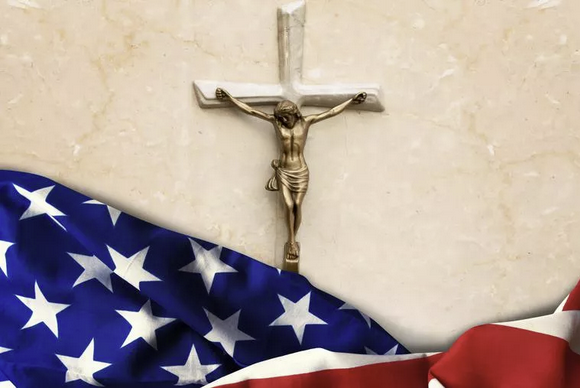Faithful Catholics and the Midterms: What to Do?
< < Go Back
As our faith teaches, we need to bring our beliefs to bear on the public square.
On Tuesday, Nov. 8, Americans will return to the polls. U.S. elections can be really dirty battlegrounds — and for orthodox Catholics the sense that something has gone seriously wrong with society is overpowering.
Secular progressives, some of them identifying as Catholics, want to outlaw some of our most sacred freedoms — not just free speech but, unbelievably, the right of unborn babies to live. Meanwhile, a much smaller group of Catholics, the so-called Integralists, are wasting our time by drawing up fantasy plans for an authoritarian state that will supposedly restore Christian values.
It’s disheartening, but it’s precisely at moments like these that we American Catholics need to bring our deepest beliefs into the public square. The first step is to inform ourselves. The Register has a treasure trove of information on its website about the midterm elections. Take the time to review its archived materials.
We must also be mindful as to what is at stake in our upcoming federal and state elections. A total of 469 seats in the U.S. Congress (435 House seats and 34 Senate seats) are up for election. The outcomes of these elections will affect the balance of power in the legislative branch of our government.
A super-majority of Democrats, for example, could overturn any filibuster opposition to proposals like the Equality Act — the radical expansion of the Civil Rights Act of 1964 to include sexual orientation and gender identity that specifically abolishes accommodations for religious-based objections and could even be interpreted as creating an abortion right.
Catholic voters should carefully scrutinize candidates in state supreme court elections. This is so important. For example, 84 of 344 seats on state supreme courts are up for election in the midterms. State supreme courts remain the highest authorities on the interpretation of state law.
More From National Catholic Register:




